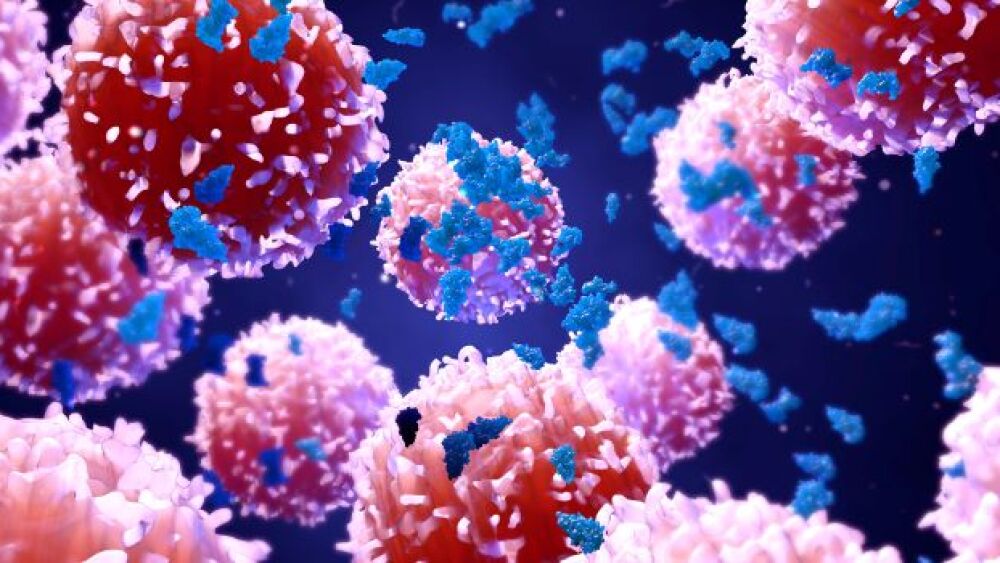Junshi receives upfront payment of $50 million for U.S. and Canadian rights to its immuno-oncology drug.
Building on a successful leukocyte growth factor for chemo patients, Coherus is expanding its mission to include immuno-oncology.
The California-based biosimilar company shelled out $150 million for U.S. and Canadian rights to Junshi Biosciences’ toripalimab. Toripalimab is China’s first anti-PD-1 monoclonal antibody to receive approval in its own country and appears well on its way to FDA approval as well.
Drugs like Junshi’s work to inhibit the immune system’s checkpoint protein PD-1. Cancer takes advantage of the body’s natural brake system to keep the immune system from attacking tumors. By blocking the checkpoint, the immune system can more effectively attack the cancer.
Three of these types of drugs have already been approved by the FDA – Keytruda, Opdivo and Libtayo – and more partnerships have cropped up to get in on the action too. Lilly, EQRx and Novartis have also announced anti-PD1 deals in with late-stage testing underway, which should give patients some hope of better price competition in the future. However, Coherus isn’t promising a cost-savings approach.
“Our strategy will be to deliver value and not necessarily price cuts and so forth. We think these markets will be receptive to value,” CEO Denny Lanfear said during a call with investors on Monday morning, adding later that the company doesn’t plan to “discount our way into the market.”
Having already snagged approval as a second-line treatment of unresectable or metastatic melanoma in China, the drug has also gained some traction in the U.S. with the FDA. Toripalimab has received Fast Track Designation for mucosal melanoma, Orphan Drug Designation for the treatment of soft tissue sarcoma and Breakthrough Therapy Designation for the treatment of nasopharyngeal carcinoma.
Coherus and Junshi plan to file multiple BLAs with the FDA over the next three years for rare and highly prevalent cancers, including non-small cell lung cancer.
The checkpoint inhibitor market is rapidly rising. Analysts expect it to exceed $25 billion in the U.S. alone by 2025.
To free up funds for this investment, Coherus is calling it quits on the development of its Eylea biosimilar candidate, CHS-2020. Junshi could rake in up to $380 million more if the drug proves successful and certain milestones are met.
The deal also gives Coherus some option rights to several earlier stage cancer drugs for $35 million a pop. Junshi brings to the table an antibody targeting TIGIT, a next-gen IL-2 cytokine to inhibit stimulation of regulatory T cells and two additional undisclosed immuno-oncology drug candidates for Coherus to exercise options or get first negotiation rights for.
Mr. Lanfear provided further comment on Coherus’ corporate strategy: “We plan to invest the cash generated by our biosimilar commercial business to build a focused immuno-oncology franchise, which will leverage our development and commercial capabilities into large and growing markets. We will prudently allocate our R&D resources to realize the exciting potential of toripalimab in both the monotherapy and combination settings. With respect to biosimilars, our focus will be commercialization, as we continue to pursue UDENYCA® market share growth and prepare for projected launches through 2023 of biosimilars of Humira®, Avastin® and Lucentis®, if approved.”






